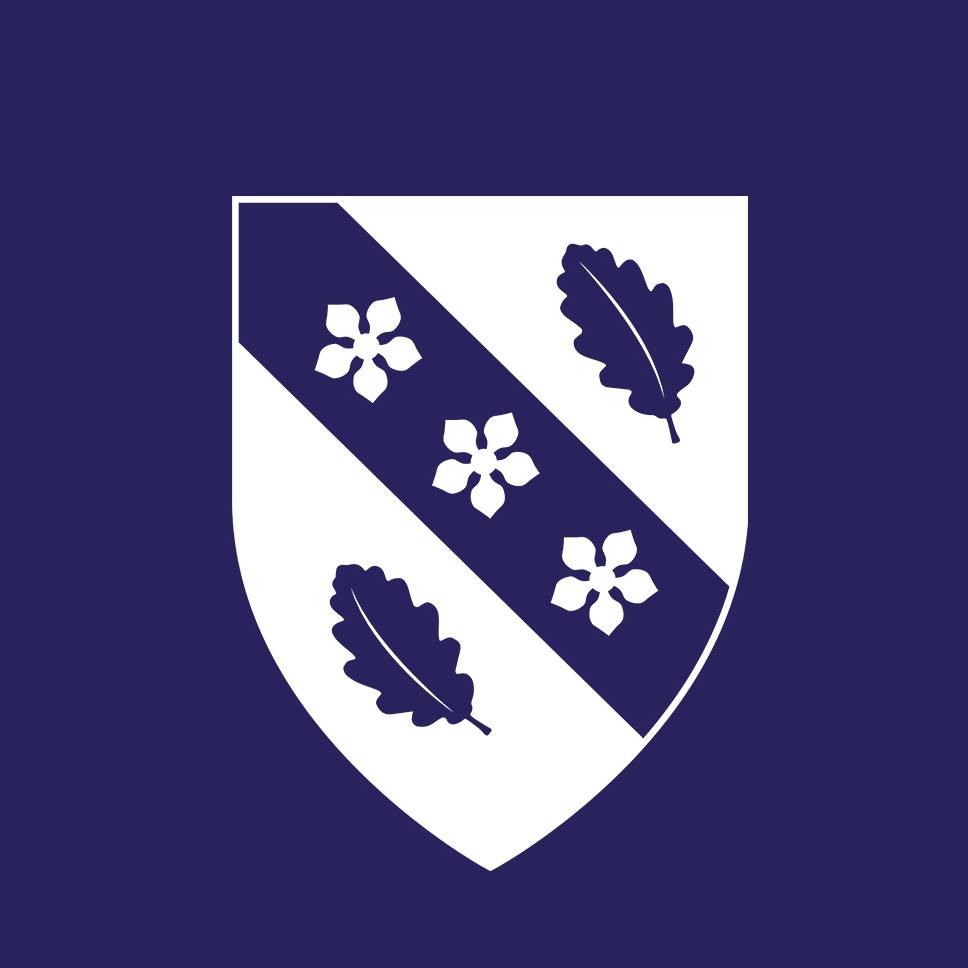Graduates of the PGCE Primary course will have the knowledge, skills, values and dispositions to achieve qualified teacher status (QTS) and be a professional teacher, ready to work in Wales and beyond.

Graduates of the PGCE Primary course will have the knowledge, skills, values and dispositions to achieve qualified teacher status (QTS) and be a professional teacher, ready to work in Wales and beyond.
What you will learn
The core content includes:
Alternative setting – an opportunity to experience education in its widest sense;
Bridging – the process by which practical and theoretical knowledge meet, and the transformative approach is enacted;
Compulsory modules – the co-constructed and co-delivered content (pedagogic and subject-related) of the programme;
Electives – a school-based and University-supported experience where graduates can elect to follow a more specialist line of inquiry in order to deepen curriculum knowledge;
Partnership conference – the opportunity to share best practice at a conference event in order that the partnership can be transformed;
Qualified Teacher Status – a compulsory professional pathway leading to the award of qualified teacher status;
Welsh Language Skill Development – a compulsory professional pathway to develop graduates’ confidence and competence in speaking Welsh.
Assessement Method
The programme design provides the opportunity for assessments to be closely related to classroom practice and draw upon evidence gained from personal experience. This approach further establishes the links between intellectual and experiential learning.
For example, students will be required to design, conduct, evaluate and share a close-to-practice research project which will directly impact on learners. Whenever possible, assignments will be submitted and marked electronically to facilitate timely and effective feedback.
Assessment components include written assignments, a portfolio, an individual video and a research project.
About
The University of Wales Trinity Saint David (UWTSD) was formed on 18 November 2010 through the merger of the University of Wales Lampeter and Trinity University College Carmarthen, under Lampeter’s Royal Charter of 1828.
On the 1 August 2013, Swansea Metropolitan University became part of UWTSD.
The University’s Royal Charter is the oldest in Wales and England after the universities of Oxford and Cambridge. In 2011 HRH the Prince of Wales became its Royal Patron.
Together we deliver clear, tangible benefits for learners, employers, industry and communities by offering a vocational approach from entry level to post-doctoral research.
The Group will be further strengthened with the merger of the University of Wales into UWTSD in due course.
The University’s main campuses are situated in various locations in and around Swansea’s city centre as well as in the rural towns of Lampeter and Carmarthen in South West Wales.
The Wales International Academy of Voice, under the Directorship of Dennis O’Neill with Dame Kiri Te Kanawa as its patron, is located in Cardiff and in addition the University has a Business School in London for international students.
UWTSD has a clear and exciting strategic plan which places emphasis upon applied learning, strong academic disciplines and a clear commitment to innovation, enterprise and knowledge transfer.
This connected university is driving through structural and strategic change which is closely associated with industry, business and enterprise. The University has a clear national profile – delivering for Wales and celebrating its distinctiveness on the UK and international stage.
The learner experience is at the heart of our mission. We have placed sustainability at the core of our planning. Developed through our award-winning Institute of Sustainable Practice, Innovation, Research and Enterprise (INSPIRE), we have embedded sustainable development through our learning, teaching, curricula, campus, community and culture.
Our aim is to inspire individuals and develop reflective graduates and practitioners who can make a difference in society.
Through work-based learning, research of international excellence and knowledge transfer networks, we aim to play a pivotal role in the promotion of social justice, economic renewal and the development of social and cultural capital.
In this section
Campuses, Centres and Locations
Vice Chancellor’s Welcome
Ratings and Rankings
Mission and Vision
Institutes and Academies
Professional Services
History and Timeline
Community
Strategies and Policies
University Term Dates
Jobs and Working at UWTSD
Fee Plan
Governance
Connect with UWTSD
MADE - Manufacture Advanced Design Engineering
UWTSD Honorary Professors of Practice
Human Rights
University of Sanctuary
© 2025 coursetakers.com All Rights Reserved. Terms and Conditions of use | Privacy Policy